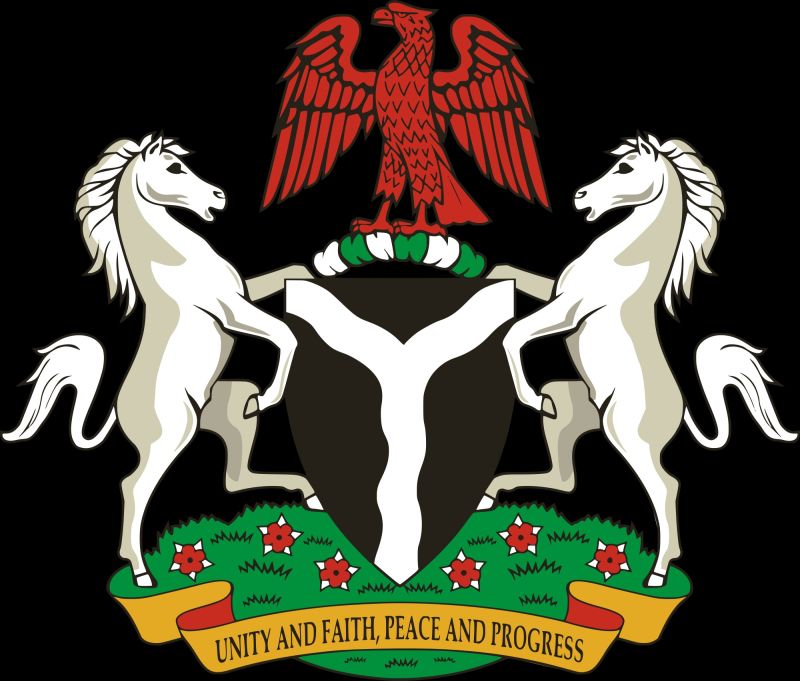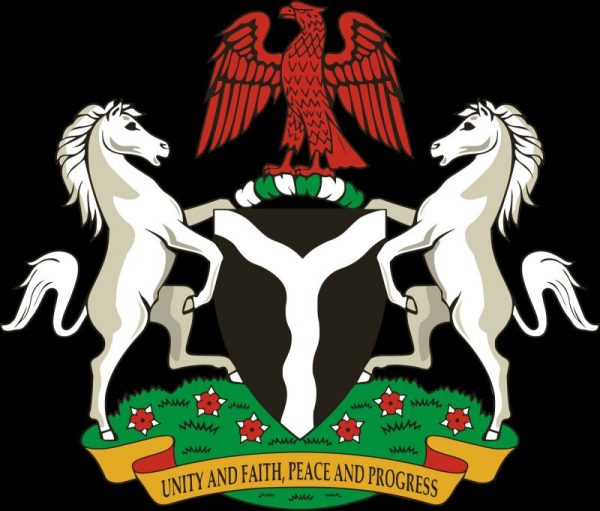Shortly after the amalgamation of Nigeria which was engineered by Frederick Lord Lugard, the need for an election to fill the various governance vacuums in Nigeria arose. The machinery to finally turn the people against the traditional chiefs and kings was set in motion. And as there were pockets of interest springing up around the wide expanse of the country, the only way the British authorities thought best to govern was to nominate loyalists into the few available positions of power.
Even after the amalgamation of 1914, Lagos and Calabar which were early Colonies were inefficiently overseen by the colonial authorities while other major regions of the country such as the disintegrating Oyo Empire and the North were still largely under the governance of traditional authorities. The British government did not have enough personnel at their disposal to dispatch into all the hinterlands for grassroots monitoring, tax collections, and so on. Colonial impact and influence was just gradually gaining ground.
So the Colonial government needed more trusted hands in these nooks and crannies of the country to help gradually structure its governance system and enforce a more direct rule. But before this could happen, a constitutional backing had to be in force to give any election to office a legal backing; else it would all just be a sham.
The Cliffford Constitution was then instituted in 1922 to prepare grounds for the forthcoming elections of 1923. The Clifford Constitution, credited after Governor Hugh Clifford who managed government around that time, on behalf of the British Crown, introduced 4 elected seats to the Legislative Council. Three for Lagos and one for Calabar while many other positions were to be filled by nominations.
By the time the campaigns began and elections proper was held, 10 candidates contested the 3 Lagos seats and 4 candidates contested for the only seat in Calabar. The Nigerian National Democratic Party (NNDP) candidates Egerton Shyngle, Eric Moore and Crispin Adeniyi-Jones won the highest number of seats for the Lagos province while Kwamina Ata-Amonu was elected for Calabar – they were duly elected. Governor Clifford also appointed 13 other unofficial members to the Legislative Council which eventually comprised 7 Europeans and 6 Nigerians – all totaling 17. The 7 Europeans were more fitted to oversee and represent commercial interests such as banks, mining and shipping while another 4 individuals were nominated to represent other commercial interests in Kano, Calabar, Lagos and Port Harcourt. The six remaining Nigerians represented African Traders, Lagos Colony, Oyo Province, Rivers district, the Egba and the Ibo.
It is worthy to note how elections have thus evolved into what we now have today; 96 years later. We must surely acknowledge however, that despite the highs and lows of electioneering that we may have witnessed in the past, as we approach another round of elections from February 16th, some of the evolution our electioneering has gone through includes adapting to meteoric population growth, utilizing technology where necessary and many more politicians contesting on more structured ground. Nigeria has surely come a long way in electioneering.
Featured image source: Answers Africa


